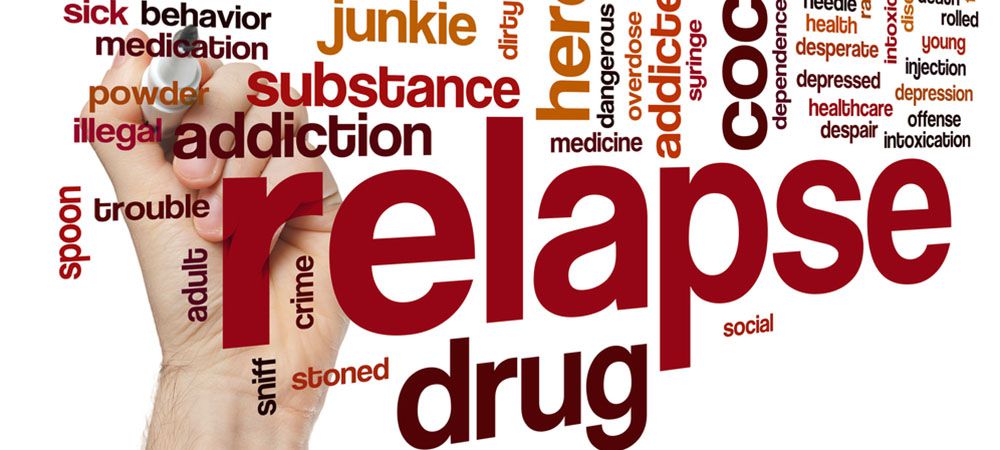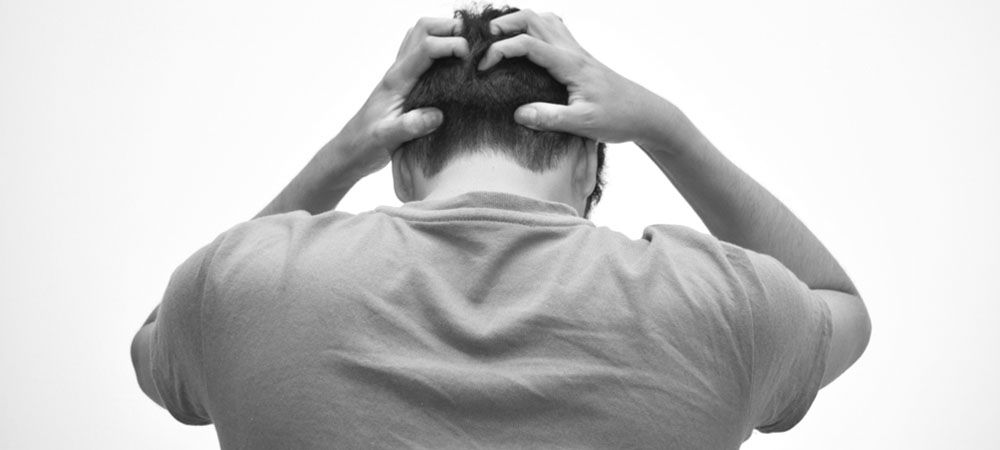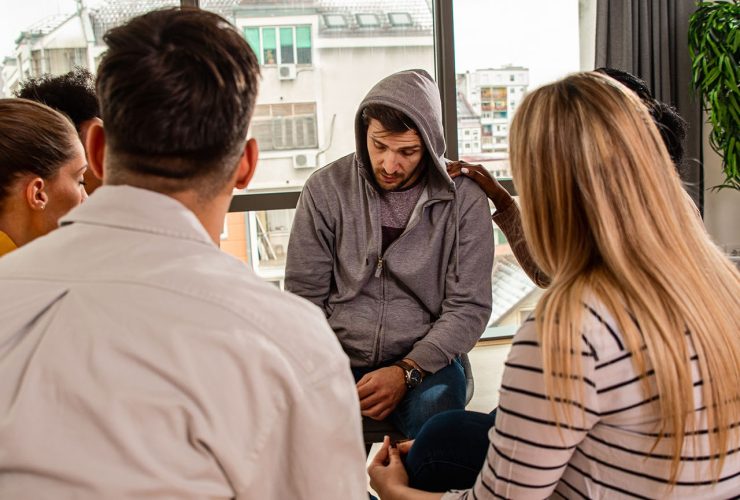Can I Prevent a Relapse After Addiction Treatment?
One of the hardest milestones for addicts is to prevent addiction relapse. This statement is not to get you scared. Instead, it’s a fact. Remember, addiction happens because your brain gets so used to a particular habit. As a result, your brain seems to be dependent on the substance. When you crave it, it always seems like nothing else matters till you satisfy that craving.
Now, to fight the addiction, you decide to get professional help. Then, over the course of the treatment, you find yourself falling back into the habit of abusing a particular substance. This can be a very frustrating moment. Relapse makes you think you cannot overcome the addiction. This is not true.
Relapse is a part of the recovery process, and you can prevent it. It’s hard, but it is not impossible to do. When you take a disciplined approach to living out the relapse prevention techniques, you’d be fine. It’s not as easy as it sounds, but this article discusses everything to know about avoiding addiction relapse.
What Causes Addiction Relapse?
Knowing the causative factors is the first step in the bid to prevent addiction relapse. First of all, you should know that relapse is fairly common. Studies prove that about two-third of persons relapse within months of starting addiction treatment. This is such a scary statistic.
However, relapse doesn’t happen in one day. It is the culmination of certain situations that involve what we in the addiction treatment world call “triggers “. Typically, this may be situations, people and places that induce cravings for a particular substance or drug.
Stress
Stress is the most common cause of relapse during addiction treatment. And thanks to the never-changing status-quo of the world, stress is more of a lifestyle. People’s daily lives are arguably stressful, making it so hard to prevent addiction relapse.
When you feel stressed, your brain kicks into ‘want’ mode. In many cases, the addictive substance leaves an impression of being a coping mechanism on your brain. The reason you were addicted in the first place is that you enjoyed indulging. The momentary relief it offers makes you keep going back to it.
Therefore, when most recovering addicts are stressed, they tend to go back to the addictive substance. This is why professional addiction treatment in Vancouver is important. Through this treatment, you can learn healthy tips to handle stress.
People and places that trigger the addiction
You harm your addiction recovery treatment when you keep relationships with certain people. People who fall under this category are people you used to abuse substances with. Going to places where you used to abuse a particular substance can also trigger a relapse.
Hence, it’s best to avoid both – people and places – who fall into the category above. Instead, you should seek new, positive relationships.
Challenges
For most addicts, the use of that substance or indulging in that act helps them cope. The removal of this coping mechanism can make it seem like you are losing your mind.
In cases like this, it’s best to find positive coping mechanisms. These may include; journaling, praying, meditating, etc.
Related article: How Long Does Professional Addiction Treatment Take?
Stages of Addiction Relapse; the Warning Signs
Earlier in this article, we made it clear that relapse can happen pretty quickly. This is true. But, relapse doesn’t occur suddenly. There is always a build-up. This build-up can skip your consciousness. This is why many people think relapse occurs in “one-second”.
There are three stages of addiction relapse. It is at the end of the third stage that most people realize what’s going on. Here is a breakdown of how addiction relapse happens:
The Emotional Relapse – First Stage
At this stage, you aren’t even worrying about how to avoid addiction relapse. This is because you are not thinking of using the substance. Most likely, you’re fresh from addiction rehab and still strong in the conviction to stay sober.
However, your actions, inactions, and behaviours may be leading to usage. This is the stage where triggers come into play. To stop things from worsening, you need to accept that these triggers exist. And then, find ways to avoid them. A counsellor or the influence of a support group can prove useful here.
The Mental Relapse – Second Stage
When you don’t take control of your emotions, you find yourself here. At this stage, it’s becoming increasingly difficult to prevent addiction relapse.
You start feeling strange about yourself. The thoughts of using or drinking start popping up in your mind. You need to get out of this stage as soon as possible. You need to get help. If not, you’ll relapse.
Realization can also help at this stage but it requires further steps. Don’t fuel the craving by giving yourself excuses. Be resolute as ever and force yourself to take actions that help you cope.
The Physical Relapse – Final Stage
Failing at the first two stages leads you here – the act. Once you indulge in the substance, you feel remorse. You begin to question yourself, “how did it happen.” You feel disappointment, guilt, hopelessness, and immense shame.
While getting to this stage is bad, it’s not the end of the world. You should get back to addiction recovery treatments. Don’t be scared of starting over. But this time, ensure you take better steps to prevent addiction relapse.
How to Avoid Addiction Relapse
If you’ve ever asked “can I prevent a relapse after addiction treatment?”, the answer is “yes.” The various aspects of addiction we have discussed so far contain tips to prevent addiction relapse. However, here is a more detailed list of survival tips to leverage:
Be wary of temptations
As much as you can, you should do away with the things that trigger drug or alcohol cravings. As listed above, take note, and be as conscious of them as you can.
Develop a support network
The importance of family and friends in the mental stage of addiction relapse is important. They should be a part of your primary support network. You should surround yourself with positivity. People who cheer you on as you maintain your “sober streak” should be around you.
While doing this, make sure to sever every unhealthy relationship. You shouldn’t be scared of going to the extreme. Block numbers and unfollow people. Do whatever it takes to get rid of possible triggers.
Create a schedule
You should go beyond relying on your support system. You need to create a system for yourself that has all your activities planned. Idle moments can result in relapse. As much as possible, get yourself going with activities that require your concentration.
Don’t get too relaxed
Don’t think you’ve won because you have a long streak of being sober. Always remain grounded. Keep yourself in check as much as possible. Be sure to keep up with support group meetings.
If you have a sponsor, this is the time to check-in with them regularly. After long periods of sobriety, having someone you are accountable to can be a great boost.
Don’t see relapse as a failure
When relapse happens, you shouldn’t see yourself as a failure. There is no need to cower in the corner of your room, crying. Now is the time to dig and get professional addiction treatment. Take the time to develop the skills that will be necessary to prevent addiction relapse in the future.
Final Take
You can always prevent addiction relapse, but it takes a lot of discipline. As much as these steps outlined above will help, you need a support system. Friends who support your sobriety can be a great boost. Call Inspire Change Addiction Rehab in Vancouver for addiction treatment programs.








